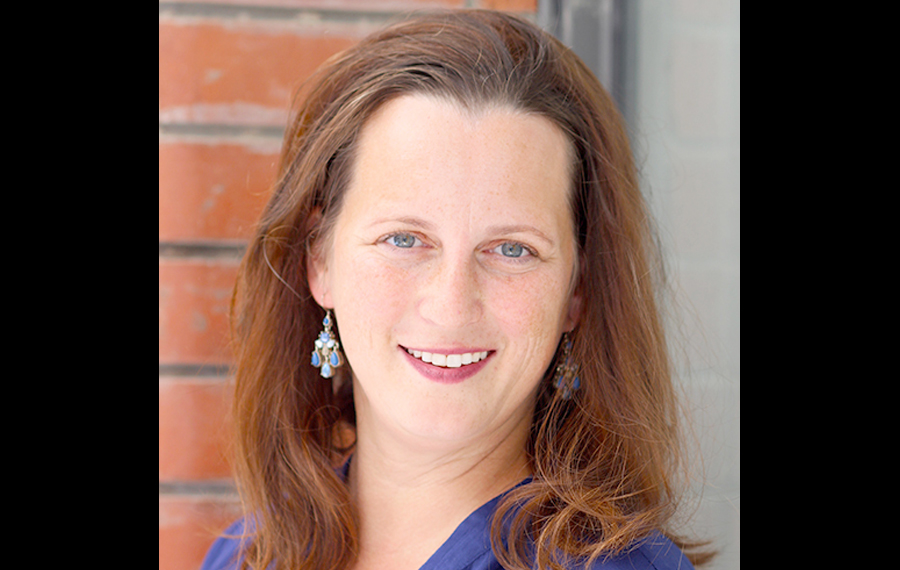
As a child, Rifka Lebowitz’s answer to the question, “What do you want to be when you grow up?” was vastly different than those of her eight siblings, who expressed, among other things, desires to be a lawyer or a mom: “I always knew I wanted to help people with their money,” she said.
It would be many more years before she would arrive at her current career as a financial consultant.
When she was 15 years old, Lebowitz was an avid reader of the Financial Times but had to wait until she was 18 to legally buy company stocks for the first time. Her parents, who had moved their family from Glasgow, Scotland, to Jerusalem’s ultra-Orthodox neighborhood of Har Nof when she was 8, were opposed to her studying for a degree because it would be in a co-ed environment. So, Lebowitz ended up taking a course in portfolio management at Bar Ilan University, in which, ironically, only men had enrolled.
Years later, when she was a mother of two and pregnant with her third child, Lebowitz earned a bachelor’s degree in business and finance. The stories she recounts from her years in the banking industry are the stuff of sexist legends. She had already been employed at a national bank for a number of years as a licensed investment adviser when she was tasked with training a junior employee for his own license. That employee was subsequently promoted to branch signatory — a prestigious position in the Israeli banking world. Furious, Lebowitz demanded to know why she was overlooked in favor of her trainee. “The branch manager said to me, ‘Oh, you’re female. You do not want this promotion. You want to be with the kids in the kitchen.’”
“It genuinely hurts me when I see people struggling financially. I’m like, ‘Come on, let’s figure this out together.’ ” — Rifka Lebowitz
That exchange and a plethora of Kafkaesque experiences that unfortunately are ubiquitous in the Israeli banking world prompted Lebowitz to author a book for people making aliyah, called “Smarter Israeli Banking.” Published in 2017, the book was hailed as a banking bible, and this past summer Nefesh B’Nefesh, the nonprofit that assists people in making aliyah, gave copies of the book to 1,000 new immigrants upon their arrival in Israel.
Lebowitz maintains that, financially speaking, life in Israel is better today than ever before. Hackneyed jokes like “How do you make a small fortune in Israel? By coming here with a large one,” don’t elicit so much as a smirk from Lebowitz.
Such notions may have been true in the recession years of the 1980s and even the 1990s, but the same cannot be said in 2018. “You look around and people are driving better cars, the malls are full, and the airport is always packed with Israelis going away [on vacation],” she said. While people may complain of constantly being in overdraft, their expectations from life are far higher than in the past.
Lebowitz helps people hone in on what those expectations are and how they can achieve them — without breaking the bank. Her Facebook group, “Living Financially Smarter in Israel,” has more than 24,500 members and has had a major impact on the lives of the Anglo community.
“It genuinely hurts me when I see people struggling financially. I’m like, ‘Come on, let’s figure this out together,’” she said.
Her theory is that as long as people have the right knowledge and abilities and there aren’t any extenuating circumstances such as illness, there is no impediment to being in control of their financial destinies. She says many of her clients are stuck simply because they lack the confidence to change their situation but once they shift their mindset, the money invariably follows.
“People think I sit on people’s budgets and tell them not to buy coffee every day but that’s really not the focus,” she said. “The focus is a much broader understanding of, and a healthier attitude toward money and an understanding of what sort of life they want to lead and how they can get there.”























 More news and opinions than at a Shabbat dinner, right in your inbox.
More news and opinions than at a Shabbat dinner, right in your inbox.